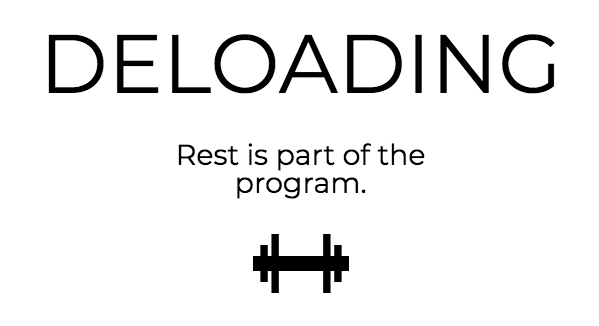

.
Even a hardcore, intentional ‘40 Hour Principal’, is likely to be fully stretched at this time of the year – particularly in this year!
We’re in the sprint to the end with a deadline for everything and a lot of other people’s urgency crowding our days. There’s stuff that just simply has to be done and it keeps piling in because a lot of it is to meet the needs of others. And what they need is not affected at all by our existing workload.
People to be employed (and sadly, some need to be unemployed), professional growth cycles require meetings, the Board needs a draft Budget, strategic plans to review, new annual plans to write, end of year celebrations to be created …
Then there are the daily ‘extras’ – tired kids doing dumb stuff, tired teachers being less than perfect, anxious parents popping up on the daily, and Board members starting to lose sight of the balance between management and governance.
And overarching all of this is a wee detail called a pandemic.
An example of its impact was buried in last Friday’s innocuous looking email from Iona*. There was a link to the definitive guide you will use to manage the COVID cases that will be in your school next year. This guide is complex, detailed and almost certain to be regularly amended. It gives a lot of responsibility to the school, and by the school, I mean you.
So, there’s a bit on.
. . .
I’d like to introduce a term that is widely used in the sports world – “deloading”.
One definition is:
“A period of time where the intensity of the activity is deliberately reduced to allow proper recovery and to prepare for the demands of the next training cycle.”
Deloading was originally coined in the world of strength training and is now widely used across sports of all kinds.
Performance focused sports people have worked out that it is detrimental to their overall goals to work at a high intensity all the time. If they do, their performance stagnates, injuries become likely, and they generally achieve less.
No doubt you can see where this analogy is going – we can’t keep working at this end of year pace and expect to do our jobs well. It’s counter to the way we humans are wired.
. . .
Tim Ferris talks about deloading in his book, The Tools of Titans* and explains how he applies it to general life. He discusses how an intentional approach to deloading greatly benefits him in pursuit of his goals.
I’d like to suggest that there are two ways that deloading can be used to look after your well-being right now –
Short term
In the 3 weeks left, take mini breaks by:
- Walking at least 30-40 minutes every day
- Not checking emails after tea (yes, real people do this!)
- Arriving onsite late the day after evening meetings (and in the space created, go to the gym, read a book, walk a few blocks to school; anything but work)
- Spending some time every couple of days on a passion hobby
- Scheduling time to meet a friend, hangout with family, (regardless of the pressure to nuke your to do list).
Long term
Plan your ‘term break deloading’ (some of you might like to substitute the word ‘holiday’). Maybe you can hardly raise your eyes above the daily stuff right now, but very soon this time will pass. Planning, discussing ,thinking, and savouring about the chance to deload in a few short weeks is in itself a deloading activity. So, give yourself permission to look ahead and let that happiness energise you.
And when the time finally arrives – use every tiny piece of it to relax and rebuild. One master holiday planner I know, arrives at school on the last day of term with the car loaded, boat hooked up and destination route set. Around 3.30pm he collects the family and leaves work behind for a while – that’s master principalship deloading in action.
Dave
*(p.583)
*(NZ Secretary of Education)